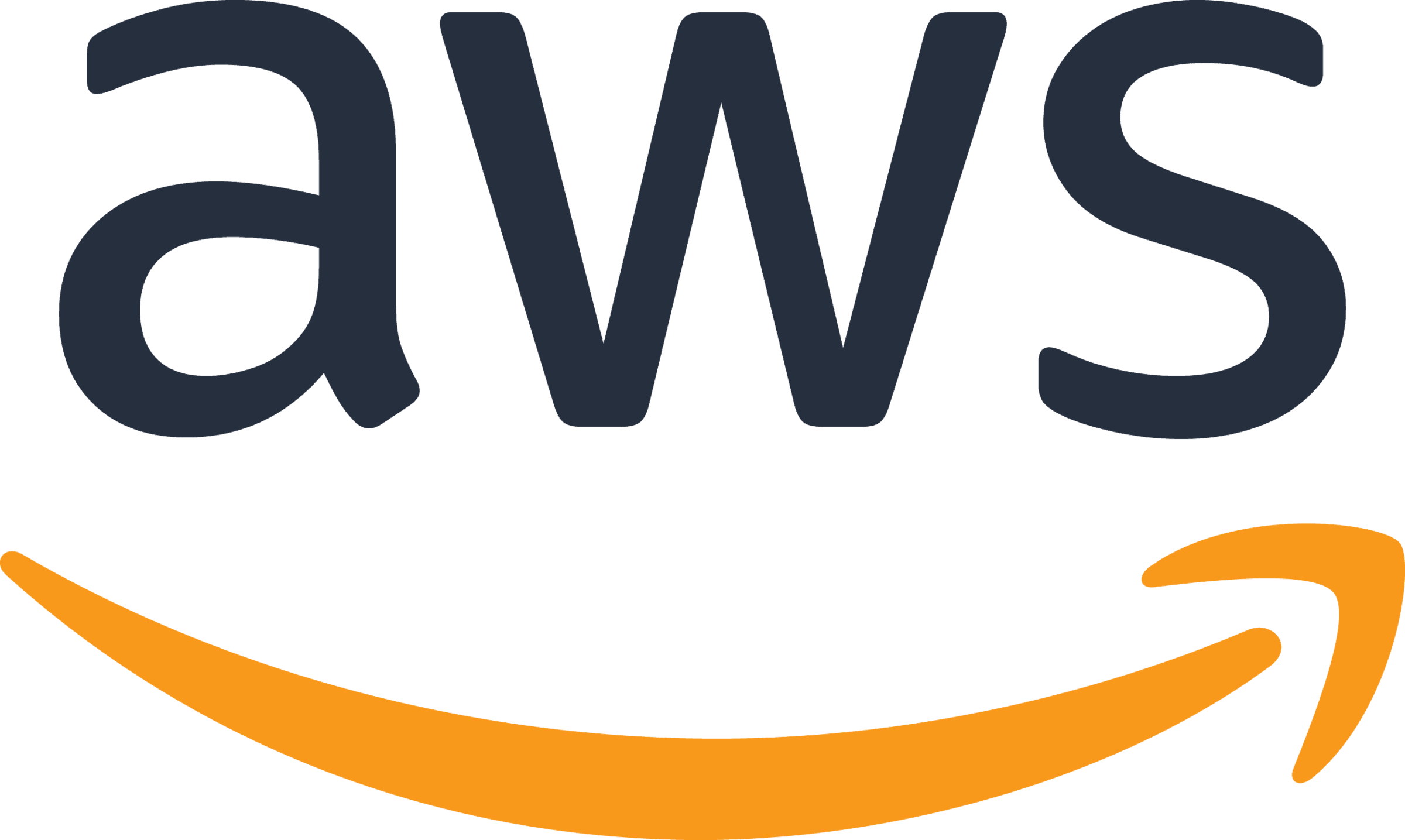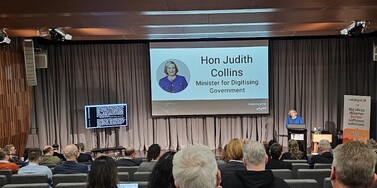
GOVIS 2024 - Trust to Innovate
Tuesday 6th August, National Library of New Zealand, Wellington, Te Puna Mātauranga o Aotearoa & online.
Pre-conference workshops at the same place on Monday 5th August (in person only).
Conference resources
GOVIS 2024 Trust to Innovate consisted of a series of plenary speaker presentations, and two workshops.
You can find video recordings of the plenary speaker presentations here on our YouTube channel.
Here in Google Drive, you can find:
A selection of the presentation slides
The live transcript
The results of our 'ideas of things government can do to be more innovative' poll
Slides and notes from the two workshops: 1) what value does data governance bring to the public service, and how can you get it to stick? and 2) supporting equity in data and data-driven technology (notes pending)
See below for the conference programme and précis:
Summary
The theme for GOVIS 2024 was Trust to Innovate. In 2024, the public service has been facing increasingly complex and demanding challenges, with limited resources to meet them. The only way forward is to innovate more, and we need to be trusted to do this and take some risks.
At the same time, we need to remember the serious consequences of innovating faster than the speed of trust. Innovation should be done with our customers and partners and not to them - so as we innovate, we also need to build trust.
For example, AI tools have recently become much more capable and accessible… but how should (and shouldn’t) we harness this technology? Data is richer and more abundant… but are we collecting and using it in a transparent and effective way? Digital transformation projects of various sizes are underway… but are we really putting customers at the centre?
At this conference we had an amazing opportunity to connect to with each other, share our challenges and successes, and learn from some smart and inspiring people. Some particular highlights included:
Passionate discussions at our pre-conference workshops about the governance of data and need for equity when using data and data-driven technology (like generative AI).
An engaging and compelling opening address from the Hon Judith Collins, Minister for Digitising Government. We appreciated the Minister’s optimistic “well why not” approach to generative AI. It was also great to hear about the constructive approach she has taken with a cross-party working group on AI and with the Data Iwi Leaders Group, and that she endorses the notion that government should see the people it serves as “customers” (something we heard about at our 2023 conference from Damon Rees, former head of Service New South Wales).
A warm presentation from Maria English, CEO of ImpactLab, on "what can government learn from the charity sector about using data to create impact?" It was a great demonstration on how the head and the heart can work together to inform the way we serve people. There was also a good message in there about how decision makers can't 'unsee' the evidence once it has been put in front of them, rather they need to figure out what to do about it. This is a great way of summing up public servants’ responsibility to provide free and frank advice to the minister of the day.
A comprehensive explanation from Pete Herlihy of AWS about Digital Public Infrastructure, and what New Zealand can learn from the likes of India and Estonia in making use of it.
Our panellists Emma MacDonald (Stats NZ), Allyn Robins (Brainbox) and Amber Guette (Hooseland Integrity Comission) talking to RNZ journalist Phil Pennington about trusting the government with AI.
Don Christie (Catalyst) and Alex Matthews (Xequals) sharing some lessons from overseas and from the private sector about how the public service can do better for less.
An in-depth discussion from Catherine Mules (NZTE) about governing AI.
Jonnie Haddon from Creative HQ sharing three ideas for how the public service could foster a more trusted democracy.
Other excellent speakers giving short talks about the zero.govt.nz mobile data service, eduroam wifi, the FormBuilder.govt tool, the Centralised Web Accessibility Checker, collaboration on technical standards in the health sector, profiling a free and holistic project management framework called Praxis, and updating us on the latest from DIA on Digital Identity and Verifiable Credentials.
Featured Speakers
Hon Judith Collins - Minister for Digitising Government
Judith Collins is the Attorney-General, Minister of Defence, Minister for Digitising Government, Minister Responsible for the GCSB, Minister Responsible for the NZSIS, Minister of Science, Innovation and Technology, Minister for Space, and Lead Coordination Minister for the Government’s Response to the Royal Commission’s Report into the Terrorist Attack on the Christchurch Mosques. She is the MP for Papakura and was first elected to Parliament to represent the seat of Clevedon in 2002.
Judith held a number of Ministerial Portfolios in the fifth National Government including Police, Justice, Corrections and Revenue. She was leader of the Opposition 2020-21.
Prior to her election to Parliament, Judith was a lawyer and company director. She was Chair of the Casino Control Authority and served as President of the Auckland District Law Society and Vice-President of the New Zealand Law Society.
She holds a Bachelor of Laws, Master of Laws with Honours and a Master of Taxation Studies from the University of Auckland.

Pete Herlihy - AWS
Pete Herlihy is a highly experienced and relentlessly user-centred product manager with a strong technical background. Currently a Principal Product Manager with Amazon Web Services (AWS) based in New Zealand, Pete has global responsibility for stimulating the creation and reuse of open-source digital public infrastructure (DPI) within the public sector and in particular within the Global South. Prior to joining AWS in 2021, Pete was a founding team member of the UK’s Government Digital Service where he worked for over 10 years. Over his time in the UK Government he built and led small, diverse, multi-disciplinary product teams to deliver five of the UK government’s biggest digital successes: GOV.UK, Petitions, Register to vote, GOV.UK Notify, and Emergency Alerts – many of which have gone on to be reused by other governments around the world.
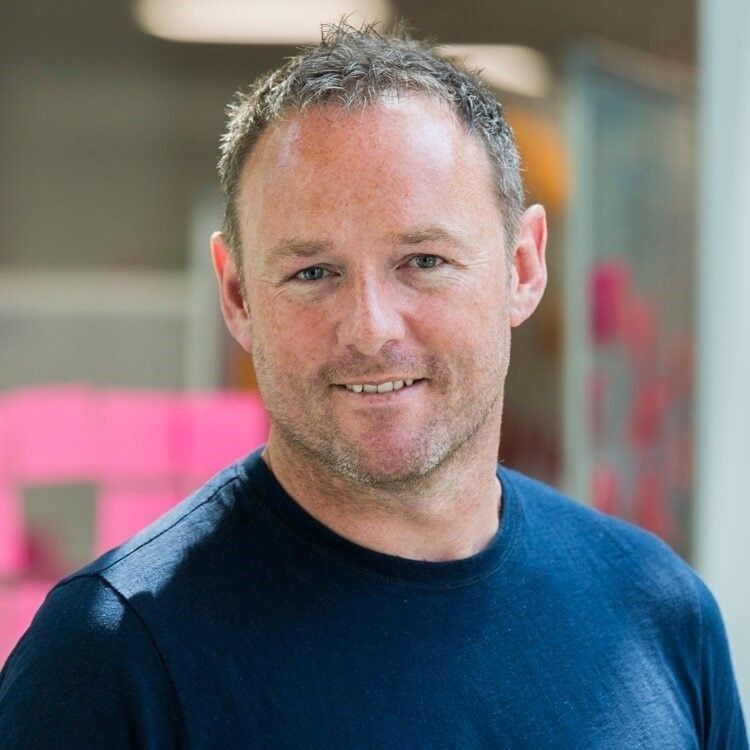
Maria English - ImpactLab
Maria is the CEO of ImpactLab, a start-up that connects decisionmakers in the social sector with data they can trust, use and learn from to do, good, better for their communities. Since launching in 2019, ImpactLab has estimated the impact of over 250 social interventions on the lives of 800,000 New Zealanders across diverse sectors including youth development, housing, whanau ora and financial wellbeing. ImpactLab's toolkit brings together government administrative data, academic evidence and frontline operational data to estimate long-term social return on investment. Maria was New Zealand's Hi-Tech Young Achiever of the Year in 2021, holds a BA in Politics, Psychology and Sociology from Cambridge University, and an MBA from Stanford University.
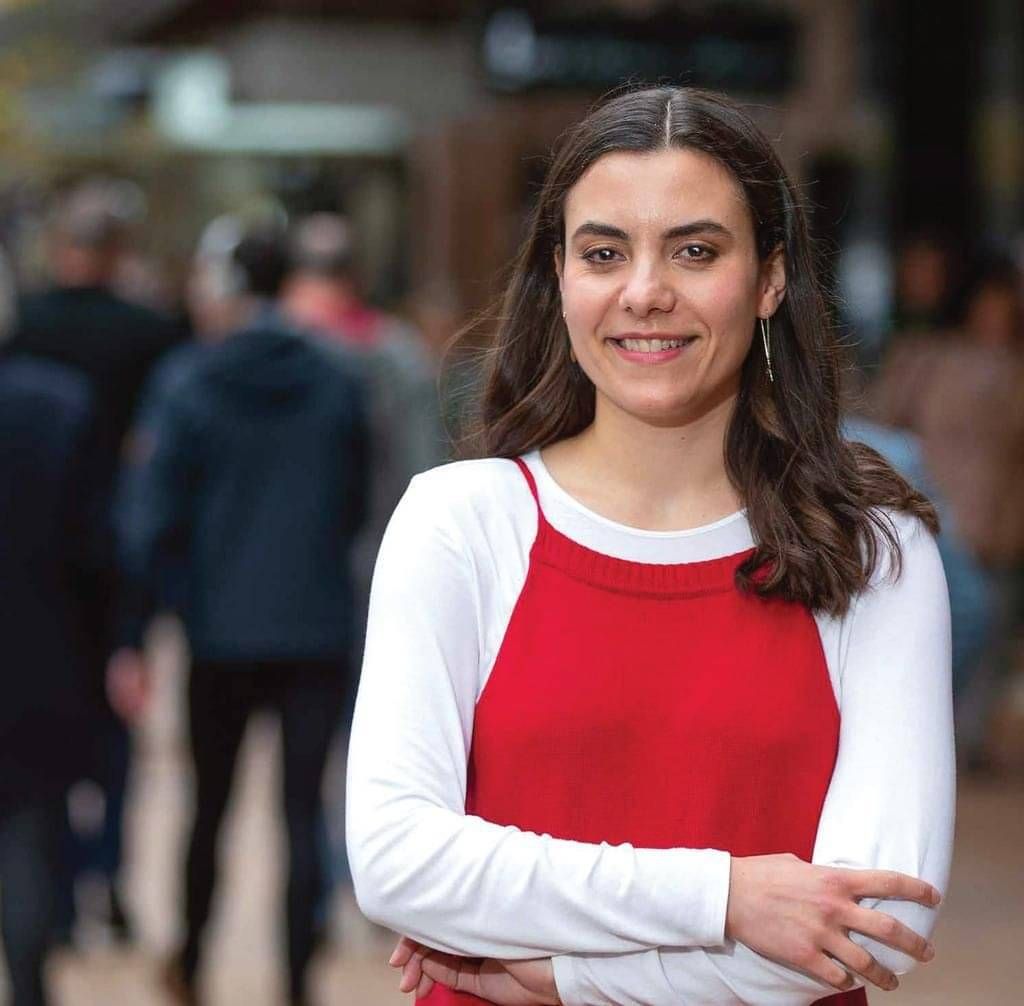
Catherine Mules - New Zealand Trade and Enterprise
Catherine Mules is a Knowledge and Information Specialist at New Zealand Trade and Enterprise (NZTE). Passionate about the combined fields of technology and communications, she has recently completed a Masters degree in Information Governance (UOA), for which she received the Top Student award for Artificial Intelligence Regulation. She also has a background in communications research (Masters of Communication Studies, AUT) and prior to that Publishing (PGDip Publishing, Whitieria).

Jonnie Haddon - Creative HQ
Jonnie Haddon is a globally recognised GovTech leader based here in Wellington at Creative HQ. At Creative HQ, he set up the NZ GovTech Accelerator and has been running it for the last 7 years. He has also worked on a number of other 'GovTech' products and events. Through this mahi, he has worked with 55 of New Zealand’s most innovative government projects from 20+ government organisations. Internationally, he is a member of the Global GovTech Alliance and is on the WorkBank's ‘Working Group on GovTech Innovation Labs’. He has also worked on international innovation initiatives and has been a conference speaker and panel member.
Jonnie is committed to helping governments find better ways of meeting citizens' needs, which will create a public service that is more trusted, transparent, and inclusive.
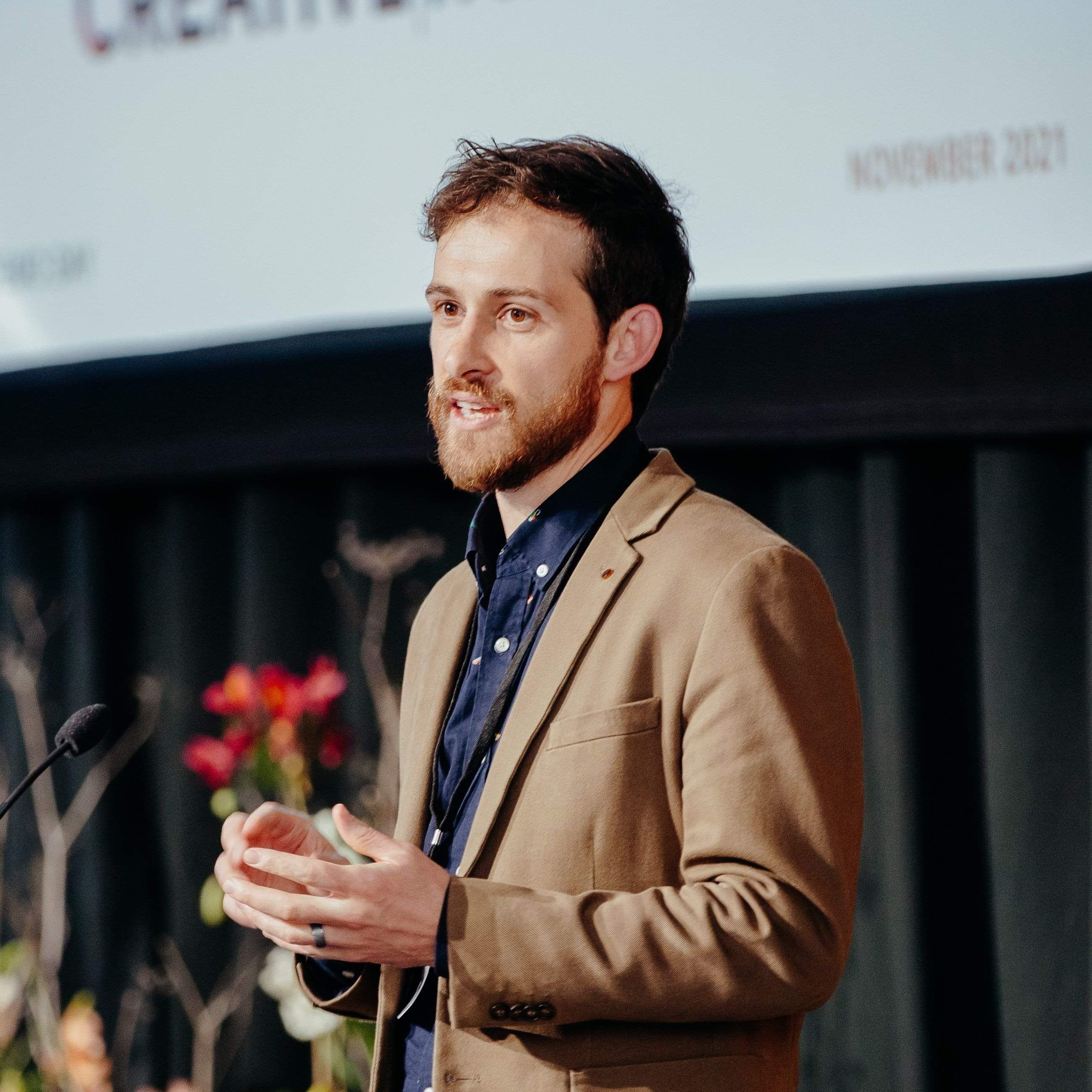
GOVIS wishes to acknowledge and thank our conference sponsors for their support


